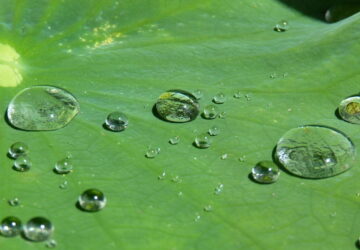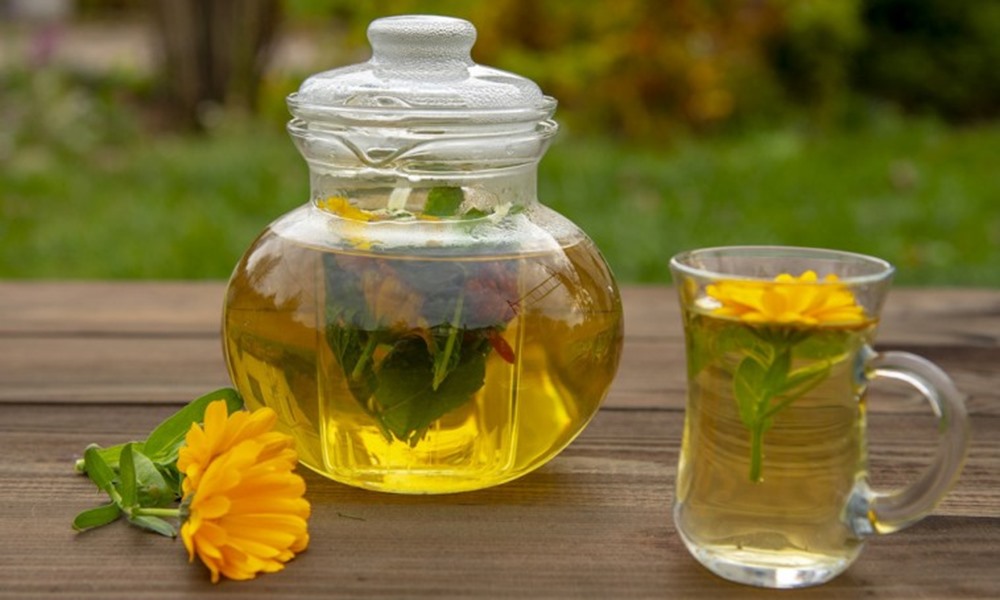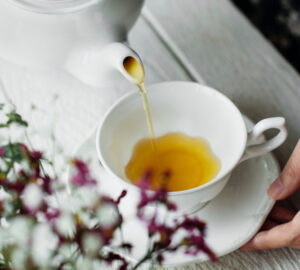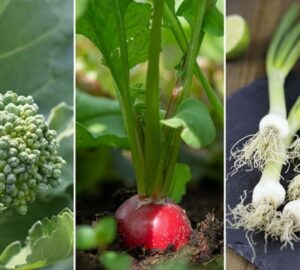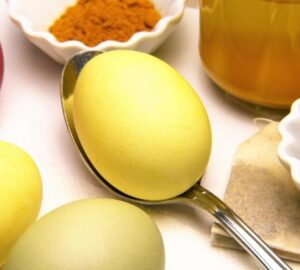In the quest for natural remedies to combat mild illnesses, the bounty of your own garden can be a hidden treasure trove. Plants that have long played a role in folk medicine offer a multitude of beneficial properties, including antiviral, antibacterial, antifungal and anti-inflammatory effects.
While these herbal antibiotics can be helpful for mild symptoms, remember that they are not a substitute for professional medical advice, so always consult a doctor if symptoms persist.
Antibiotics from Your Garden
1. Garlic
Garlic is the superstar of natural antibiotics. It wields impressive powers against viruses, bacteria, and fungi, while also boasting a general anti-inflammatory effect. Its allicin content can even aid in cases of high blood pressure and thrombosis. Strengthen your immune system by consuming it raw, finely chopped with bread.

2. Onion
Much like garlic, onions possess antibacterial and antiviral properties, and they contribute to blood pressure regulation. Try brewing onion tea by slicing an onion and simmering it for about 5 minutes in half a liter of water. After straining the cooking water, sweeten it with honey. This time-tested home remedy works wonders for bronchitis and colds.
3. Ginger
With its fiery gingerol compounds, ginger stands as a potent antibacterial, antiviral, and pain-relieving agent. It’s also rich in antioxidants. Enjoy ginger in its raw form, perhaps by sipping ginger tea. To prepare, grate the fresh root and let it steep for at least 15 minutes after pouring hot water over it.

4. Sage and Thyme
Sage and thyme boast essential oils that deliver antibacterial, antiviral and anti-inflammatory benefits. In cases of mouth wounds, blisters and sore throats, consider chewing freshly picked leaves. For a cold remedy, steep a heaped teaspoon of these herbs in half a liter of hot water for at least 5 minutes, then sweeten with honey and sip.
5. Chamomile
Known for its calming, wound-healing and anti-inflammatory qualities, chamomile flowers also exhibit antibacterial and pain-relieving effects. A soothing tea made from the flowers can alleviate stomach problems or cold symptoms. For skin issues, explore the use of chamomile ointments and tinctures.

6. Calendula
Calendula ointment, a classic remedy, serves as a solution for stubborn wounds and various skin problems. In addition to its antifungal and antiviral attributes, it contains anti-inflammatory compounds. Consider brewing calendula tea to aid with digestive issues.
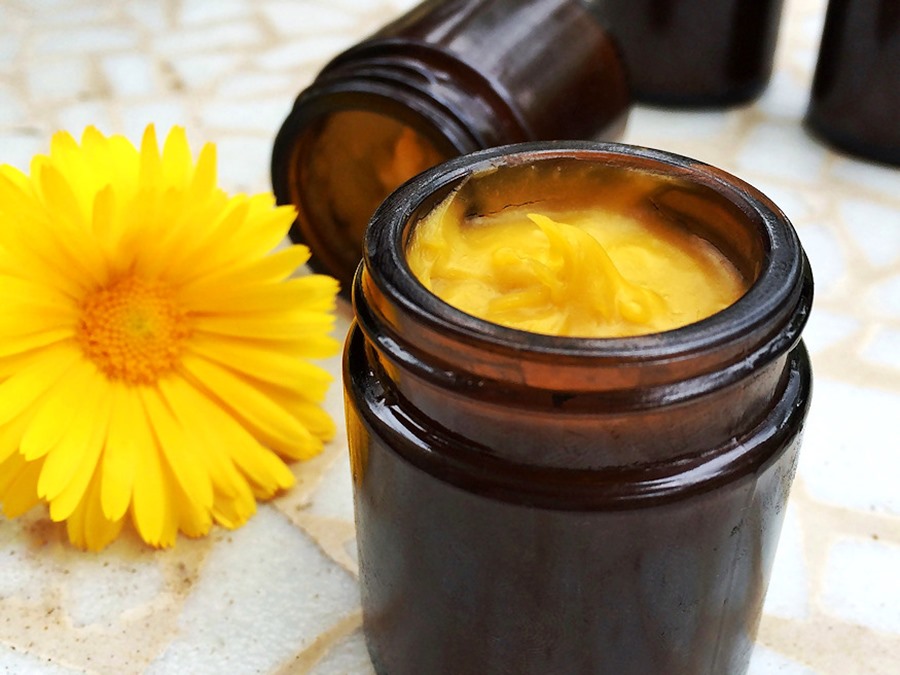
7. Common Yarrow
Despite its wide presence in nature, common yarrow receives insufficient attention, given its antibacterial, hemostatic and anti-inflammatory properties. It can provide relief for dermatitis, skin issues and digestive troubles. Fresh or dried, the leaves and flowers can be used. Consume yarrow tea up to three times a day for a maximum of four weeks. For external use, opt for yarrow tincture in cases like nosebleeds or cuts.
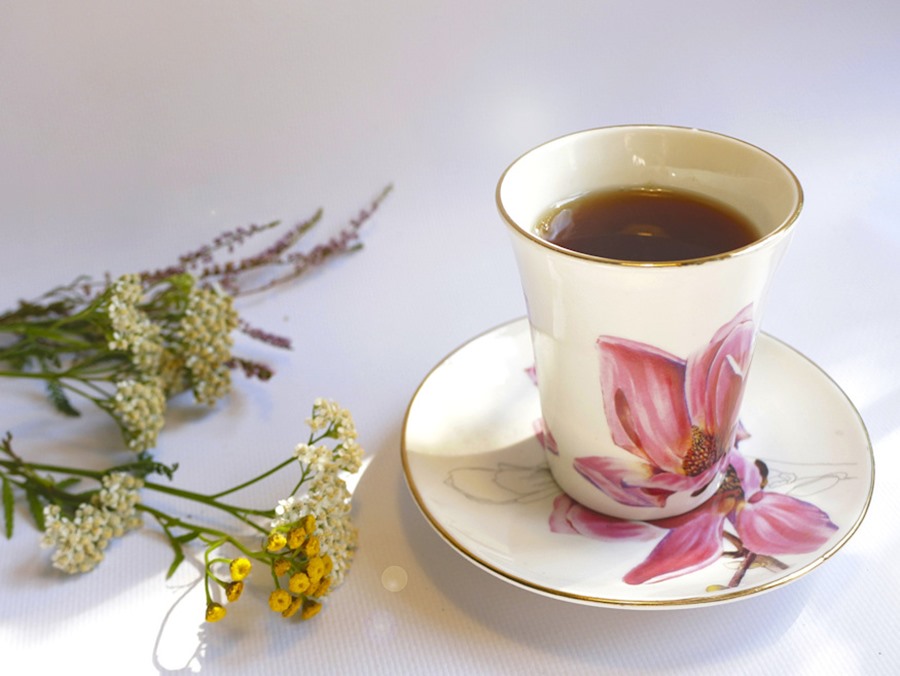
8. Common Nasturtium and Horseradish
Mustard oils found in nasturtium and horseradish inhibit the spread of viruses, bacteria and fungi. Use this combination for mild urinary tract infections, colds, bronchial inflammation and sinusitis.
To create a tincture with antibiotic properties, place 150 grams of fresh nasturtium leaves and flowers into a bottle and add 2-3 cm of grated horseradish. Fill the bottle with at least 45% alcohol, seal it and let it rest on a windowsill for 3 weeks. Afterward, filter and transfer the tincture into a dark glass container. Consume 15-20 drops after meals, for a maximum of 6 weeks.
Conclusion
Nature’s pharmacy, tucked away in your garden, offers a diverse array of herbal antibiotics. These natural remedies can be invaluable in managing mild ailments, providing a harmonious blend of flavor and health benefits. Just remember, while these herbs can be powerful allies, they are no substitute for professional medical guidance when needed. So, explore your garden’s potential, embrace these botanical wonders and maintain a healthy, balanced lifestyle.

